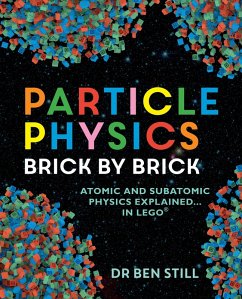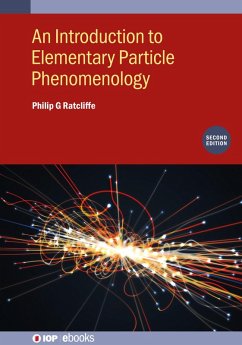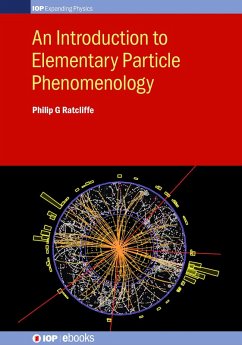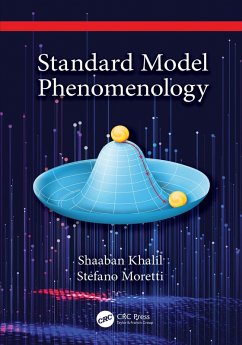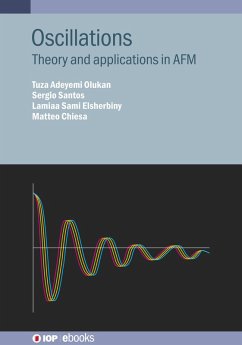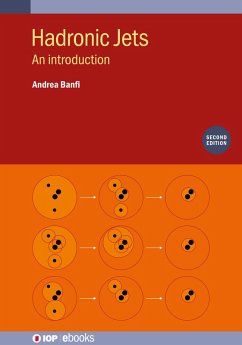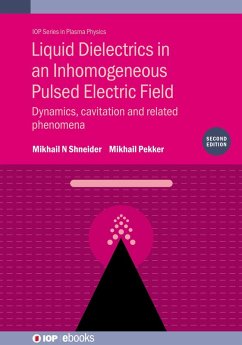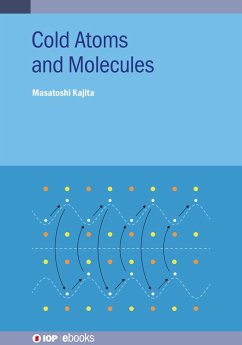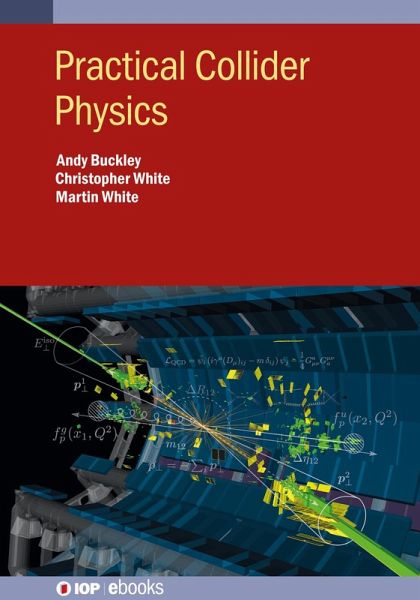
Practical Collider Physics (eBook, ePUB)

PAYBACK Punkte
24 °P sammeln!
Practical Collider Physics provides a self-contained summary of all of the necessary theoretical, experimental and statistical knowledge required to analyse hadron collider data, focussing on the skills and techniques that are rarely covered in standard textbooks. It covers topics including parton distribution functions, resummation, parton showers, hadronisation, and the underlying event and jet algorithms, all of which are vital for understanding the form and function of Monte Carlo generators. A detailed overview of the ATLAS and CMS detectors is also provided, along with their object-recon...
Practical Collider Physics provides a self-contained summary of all of the necessary theoretical, experimental and statistical knowledge required to analyse hadron collider data, focussing on the skills and techniques that are rarely covered in standard textbooks. It covers topics including parton distribution functions, resummation, parton showers, hadronisation, and the underlying event and jet algorithms, all of which are vital for understanding the form and function of Monte Carlo generators. A detailed overview of the ATLAS and CMS detectors is also provided, along with their object-reconstruction algorithms, followed by a pedagogical introduction to computing and data-processing approaches, data-analysis basics, and detailed methods for high-precision measurements and particle searches. This book is appropriate for honours-level undergraduates and masters students, as well as supporting taught-course and practical aspects of a PhD in particle physics.
Key Features
Key Features
- Provides a detailed reference on current LHC analysis techniques
- Covers all of the necessary theoretical, experimental and statistical knowledge required to perform a complete hadron collider data analysis
- A unique collaboration between particle experimentalists and theorists
- Covers complex topics at a level that makes it accessible to final year undergraduate students
Dieser Download kann aus rechtlichen Gründen nur mit Rechnungsadresse in A, D ausgeliefert werden.




